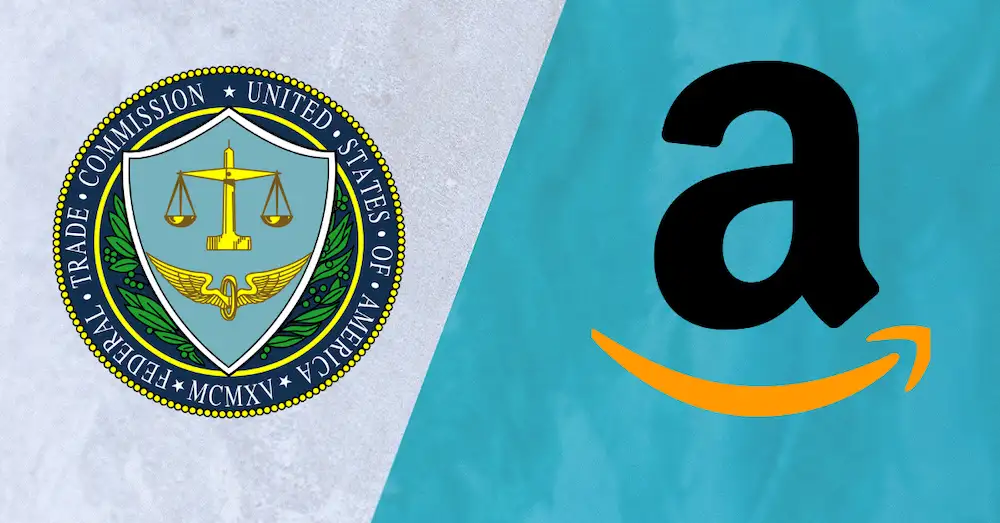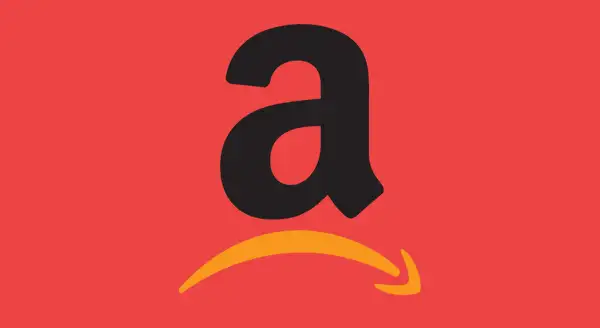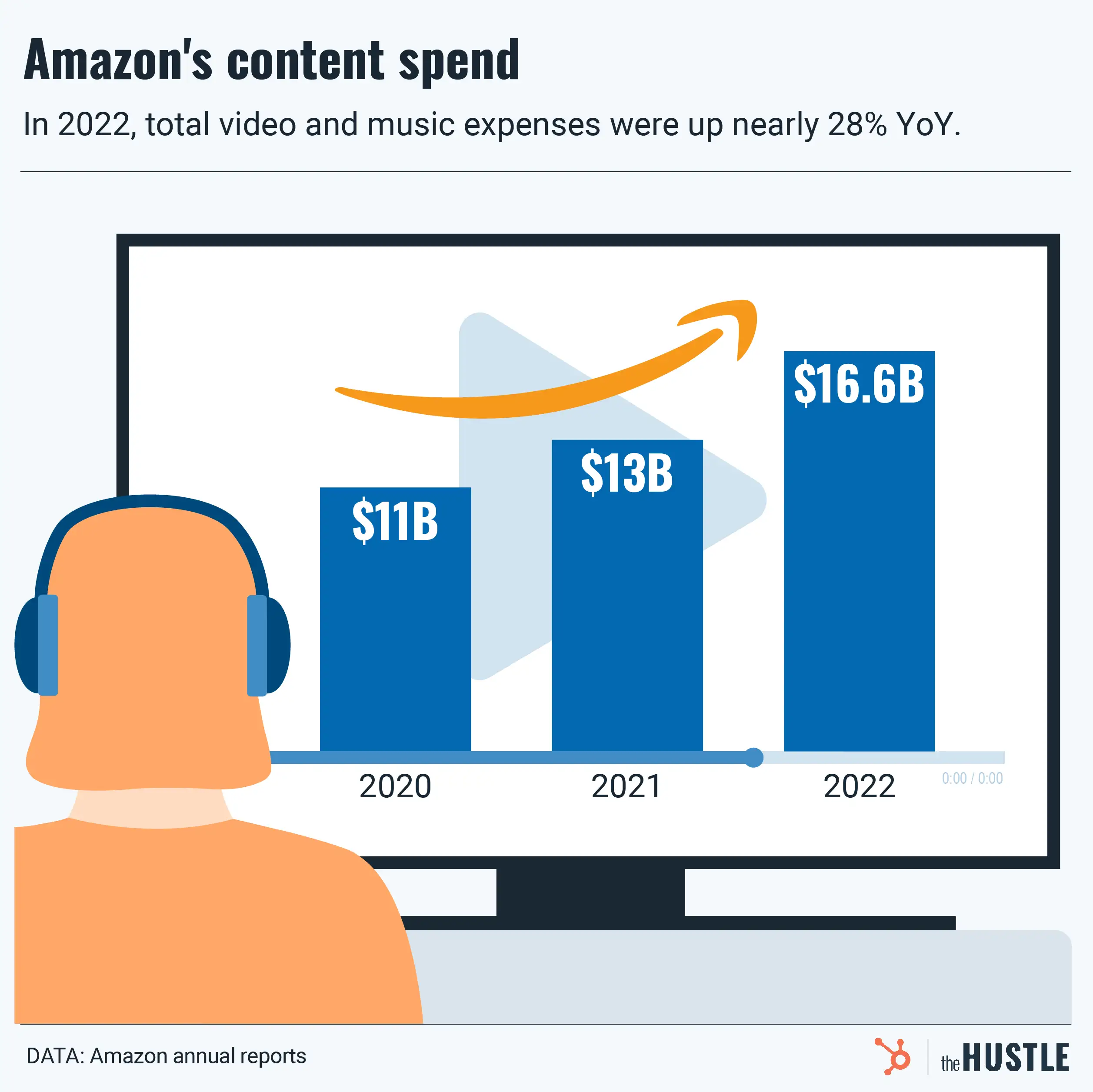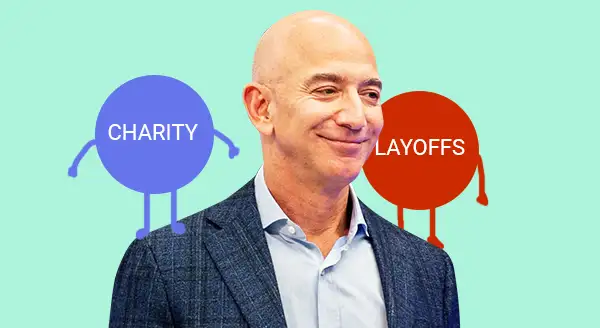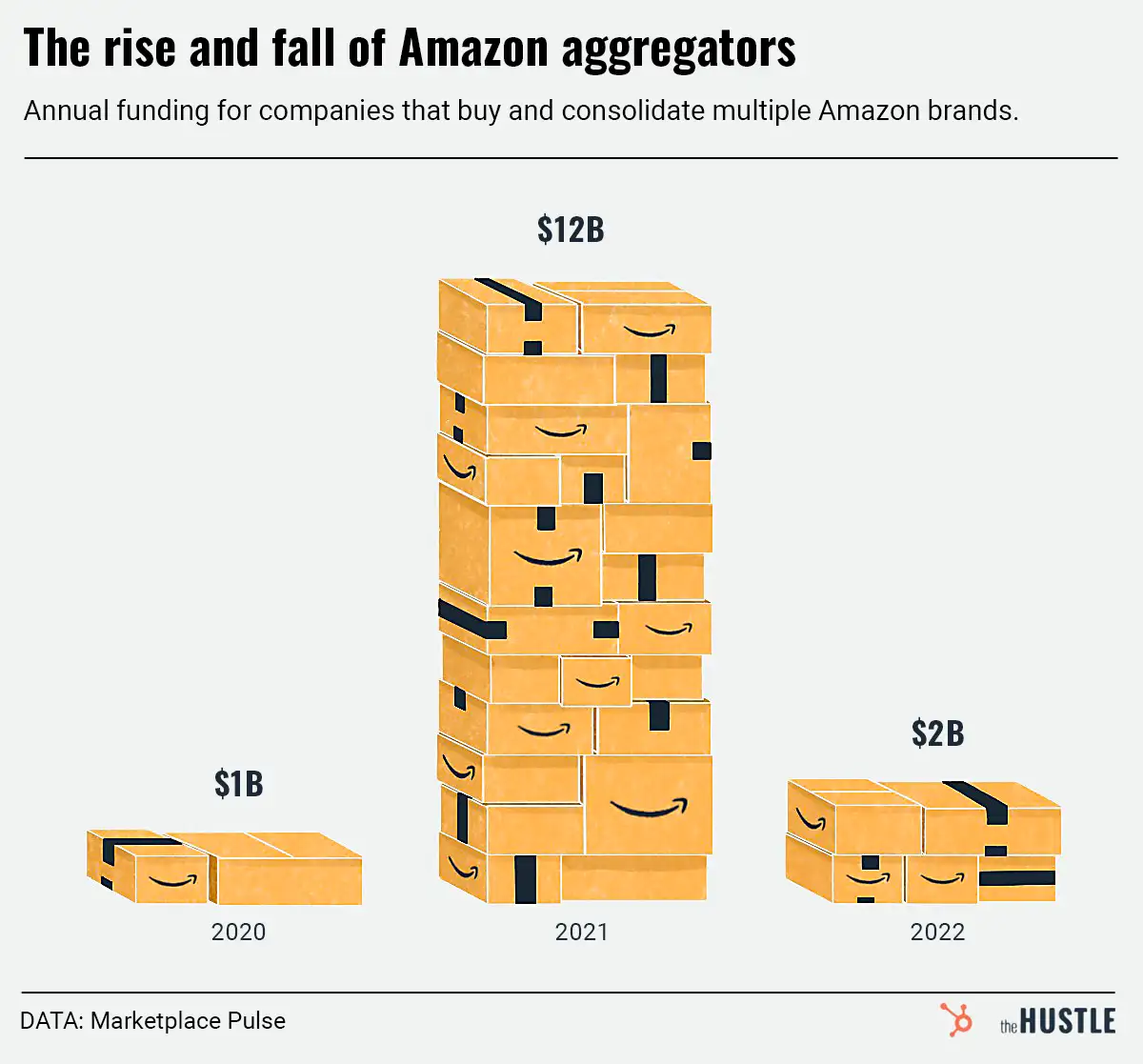Between expensive prescriptions, phone tag with providers, and long waits at doctors’ offices, the health care industry isn’t exactly known for convenience.
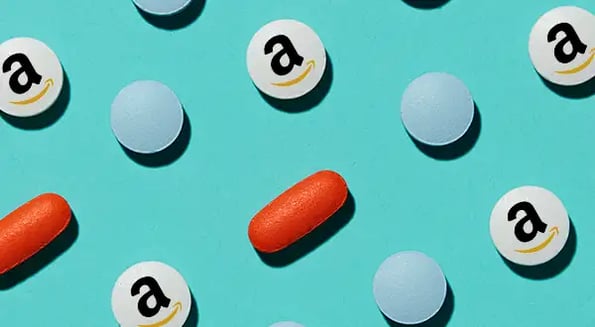
Enter Amazon — which views these inconveniences as a massive opportunity. But can the tech giant actually conquer health care?
The bull case
Amazon acquired One Medical, a membership-based primary care service, for $3.9B in July. But its foray into health care dates further back:
- In 2018, Amazon acquired prescription delivery service PillPack.
- In 2019, it launched employee telehealth service Amazon Care. It boasts ~40k members across several customers, including TrueBlue and Hilton.
With One Medical, Amazon will reach 736k new health care members and lend One Medical the infrastructure it needs to scale — something Amazon does pretty well.
The bear case
Several nurses who worked for Amazon Care have complained about the company’s “fast and frugal” approach to health care, which resulted in faulty equipment, buggy software, and questionable care, per The Washington Post.
Some former Amazon Care nurses reported feeling like cogs in the company’s wheel, and one mobile nurse even likened her role to a package being delivered.
But customers…
… generally approve, giving the service an average satisfaction rating of 4.7 out of 5.
Even if Amazon doesn’t become a big winner, business writer and professor Scott Galloway says there’s a greater benefit to Amazon’s health care ambitions: increased competition.
By setting new expectations for speed and convenience, Amazon can bring the “Prime effect” to health care, forcing other providers to catch up.


